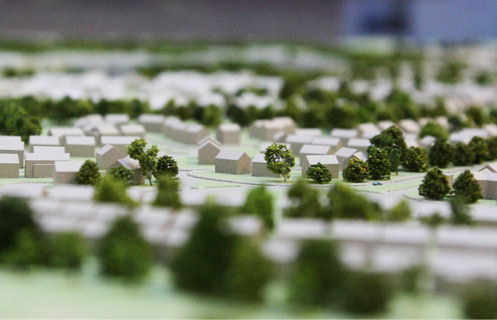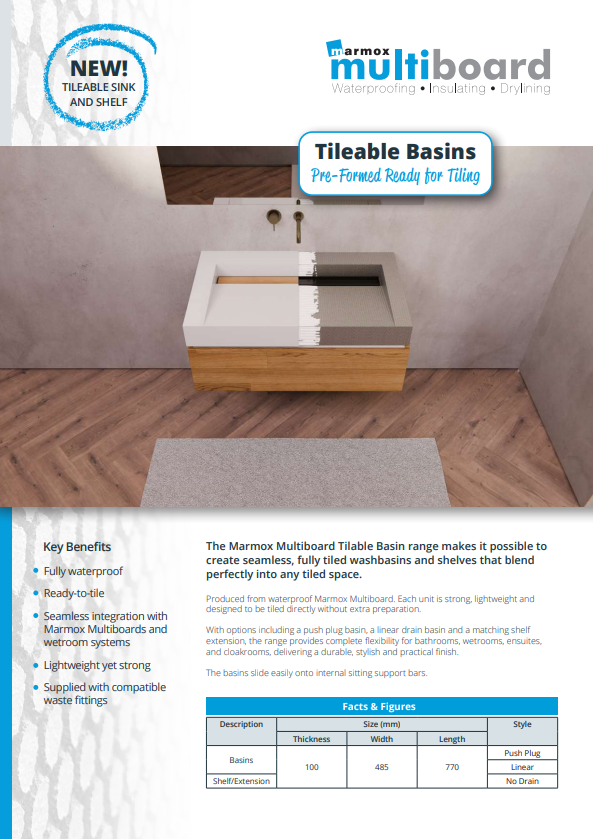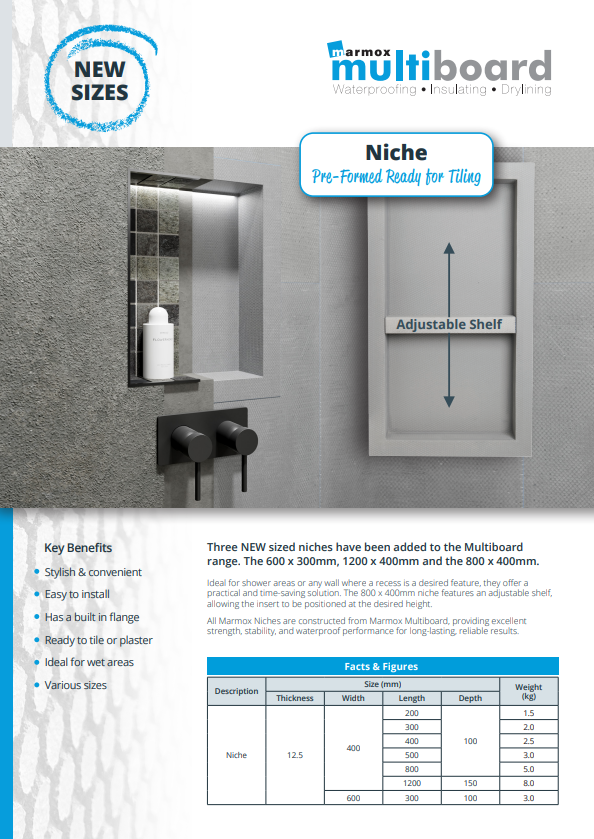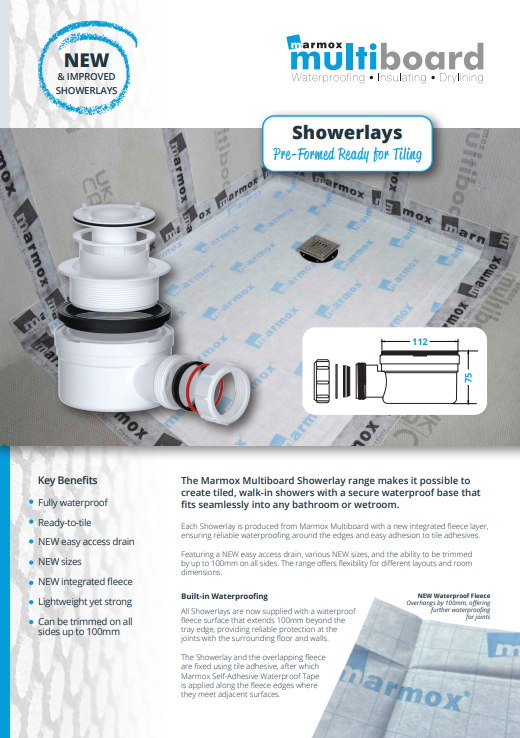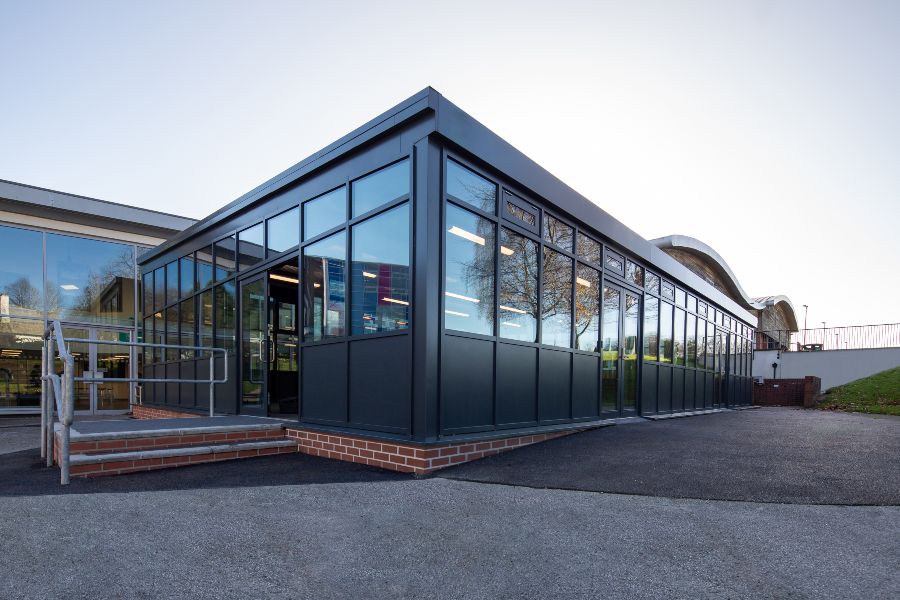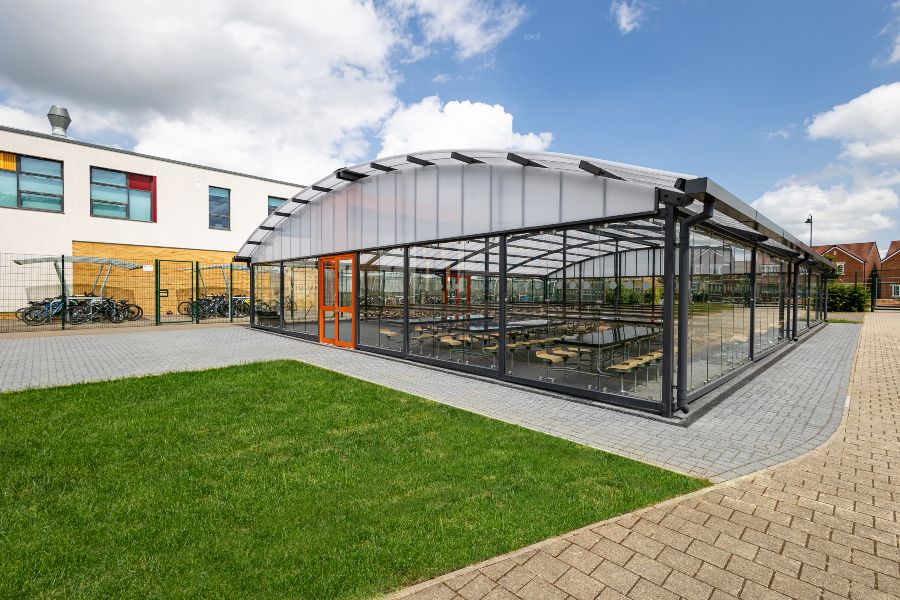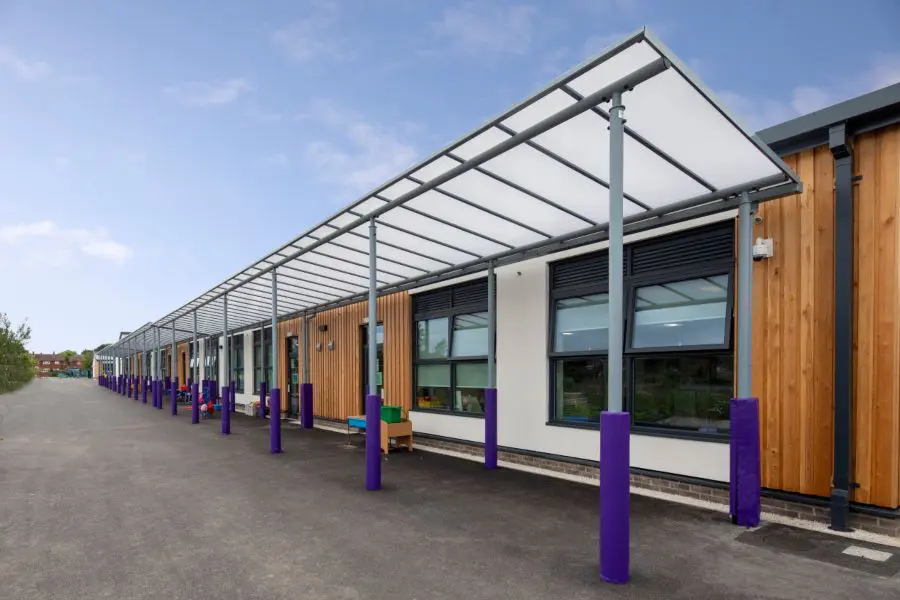Building Information Modelling – more commonly referred to as BIM - is one of the key buzz-phrases in the construction sector, for both traditional building and off-site manufacturers.
Politicians and architects are keen to sing BIM’s praises, but its potential as a powerful tool in the off-site construction sector remains largely untapped.
In some cases, this is because those specifying projects don’t fully understand the benefits of BIM and how it can save time and money in the long-term, and sometimes lack the capacity to use BIM – but for modular construction, the long-term benefits of BIM make it a powerful tool.

Planning makes perfect
As manufacturers of bespoke modular buildings, West Yorkshire-based off-site construction specialists Elite Systems welcomes techniques that make the build and installation process more robust for our customers, and finds that it is increasingly using BIM to facilitate smoother design and construction.
The benefits that BIM can bring to construction – both traditional and off-site – include its ability to provide a detailed visualisation of the design, to highlight any potential issues, and allow for utterly transparent communication with the customer.
But the use of BIM in the planning phase is particularly beneficial to modular construction, where there is little room for error and the design must be agreed early in the process. For example, when working with limited space, the level of detail that BIM provides can prevent potentially costly miscalculations.
I is for ‘information’
When discussing BIM, there is a tendency to focus too heavily on the modelling part of the system. The ability to produce high-quality, detailed 3D virtual models is the aspect that is most commonly associated with BIM, and it is a useful aspect. However, while this is an important part of the planning process and an impressive tool for architects and designers to present to a client, in reality it barely scratches the surface of BIM’s potential.
The information attached to the building elements within the model is where BIM becomes truly useful. This information can offer a more efficient way of working, from scheduling materials in the build process, to allowing the end-user or facilities managers keep track of the building information for maintenance purposes.
Some local authorities looking at smaller scale projects may see BIM as outside of their scope – a tool for larger, more complex schemes. In fact, BIM’s information aspect can be very helpful to local authorities, providing an easy way of keeping tabs on newly procured buildings for both the local authority and the end user.
Contrary to what some may think, the use of BIM isn’t prohibitively expensive for smaller scale modular construction. Modular construction companies in particular will use certain elements of a building design repeatedly, so the required data is often already in the systems and can be easily dropped into a model at the outset.
Ultimately, the more that clients embrace the use of BIM for both modelling and information sharing purposes, the more that the modular construction sector will benefit from BIM.








